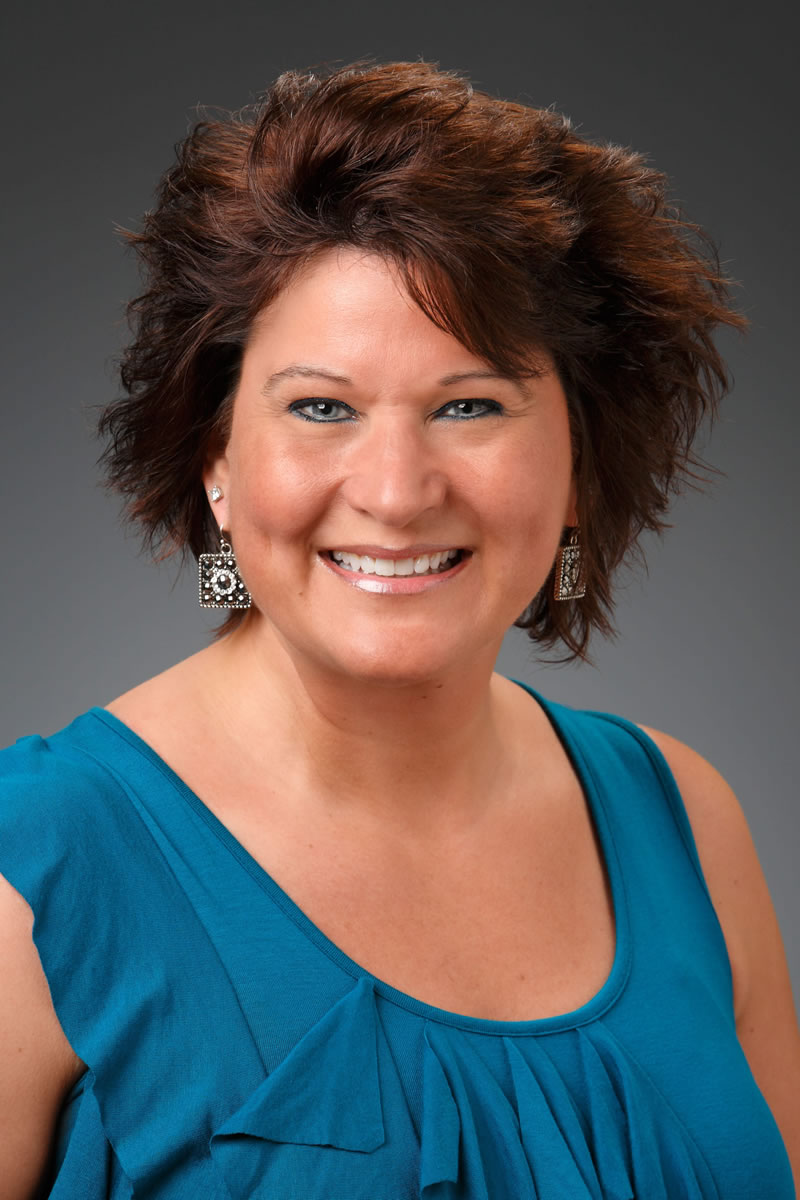Discussing suicide is an unpleasant and scary topic. It’s a parent’s worst nightmare. Along with indescribable grief comes incredible guilt — family and friends are left wondering if they had seen it coming, could they have prevented it. But how often do we ask our children if they are anxious, feeling depressed or have ever thought about suicide? If you’re like most of us, we don’t unless there are really obvious signs.
Not asking does not mean it’s not happening. It is. In Washington state, two children commit suicide each week! One in 10 children has attempted some form of self-injury or suicide. Many go unreported because families are embarrassed, lack resources, or don’t know how to get help.
And yet, we’re not asking. This may be due in part to fear that asking will make them feel worse or give the idea and wondering what to do if they say yes. First, ask your children, “Have you ever felt suicidal or had thoughts of dying?” Then listen. Give them your undivided attention, don’t interrupt and don’t ask why. They may not even know.
Next, you need to tell someone and get your child medical help. Would you ignore another
medical issue such as an earache or sprained ankle? No. You’d take them to the doctor. We need to treat this like any other disease. There are resources. Ask your provider.
Kids who don’t know how to fail, or how to be resilient in troubled times, are just as at risk as the ones abusing alcohol and drugs and getting in trouble with the authorities. Kids think they are miserable now and think it will last forever. They can’t think past their immediate issues. They think it’s all or nothing, and suicide seems an easy way out of the hopelessness and pain.
We can make a difference. We need to all work together as a community: teachers, parents, and community youth club leaders.
Hoping to make a difference, I have a master of science in nursing and am a family nurse practitioner in the Family Medicine department of The Vancouver Clinic. I’m the mother of two beautiful teenage daughters and a concerned parent, just like you. I will be hosting a Teen Task Force meeting at 6 p.m. Jan. 9 at the Battle Ground Vancouver Clinic, 2005 W. Main St.
We will discuss why suicide isn’t an option, have some helpful hints, discuss what anxiety and depression is and that it’s a normal part of life — and that you can always work through it. It is meant to be a positive group, teaching kids how to “choose life.” This is a teen-focused peer-to-peer program to teach kids how to ask, listen and tell when they see another teen in trouble. Teens talk to teens, and they can be our best resources. I want to empower them and encourage them to step up and make a difference.
There will be food and door prizes. Adults are welcome to come to support teens or volunteer but the program is for teens to participate in; a safe place to discuss how to prevent suicide.
Beth Walton is a family nurse practitioner with The Vancouver Clinic.



